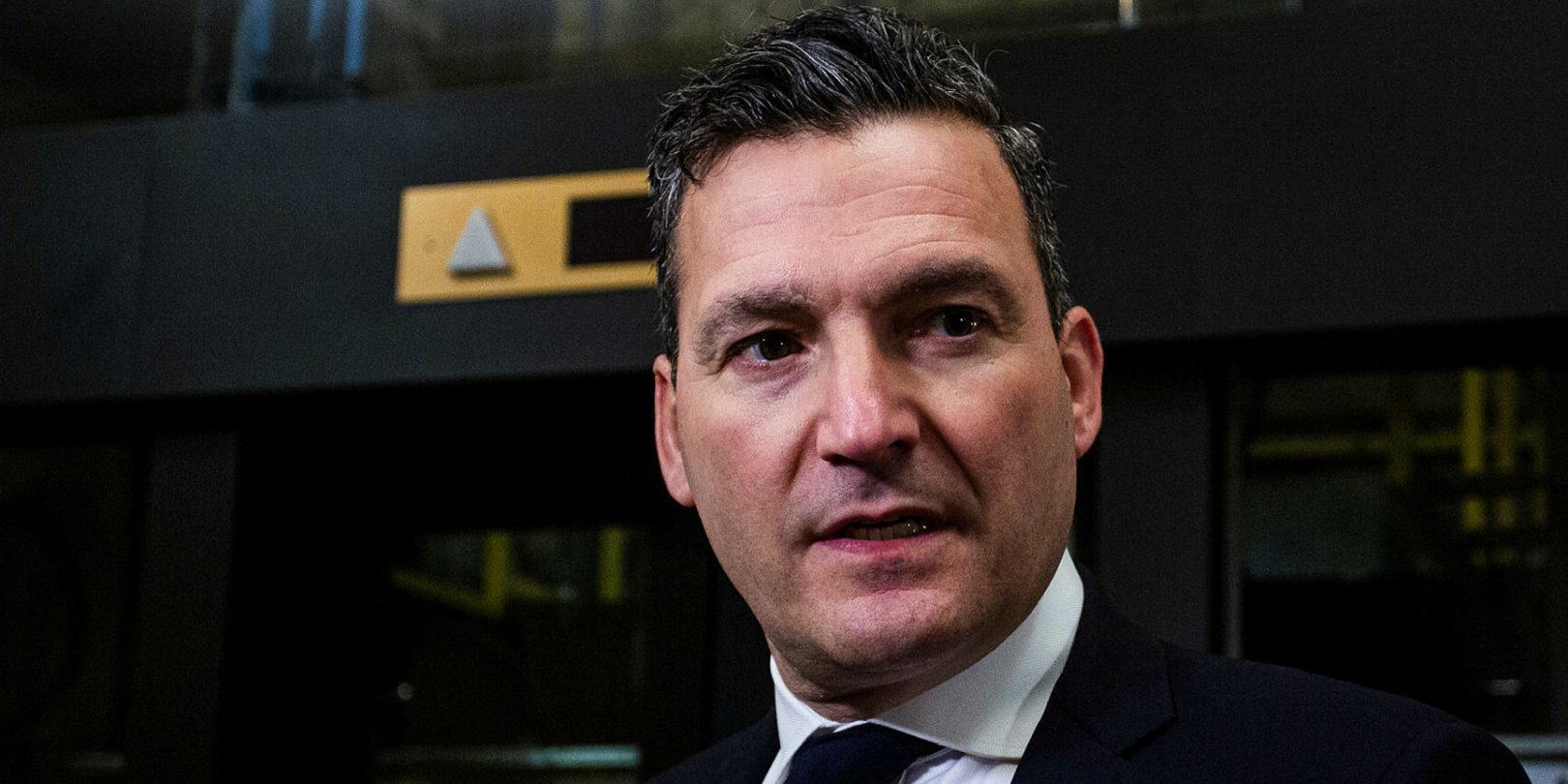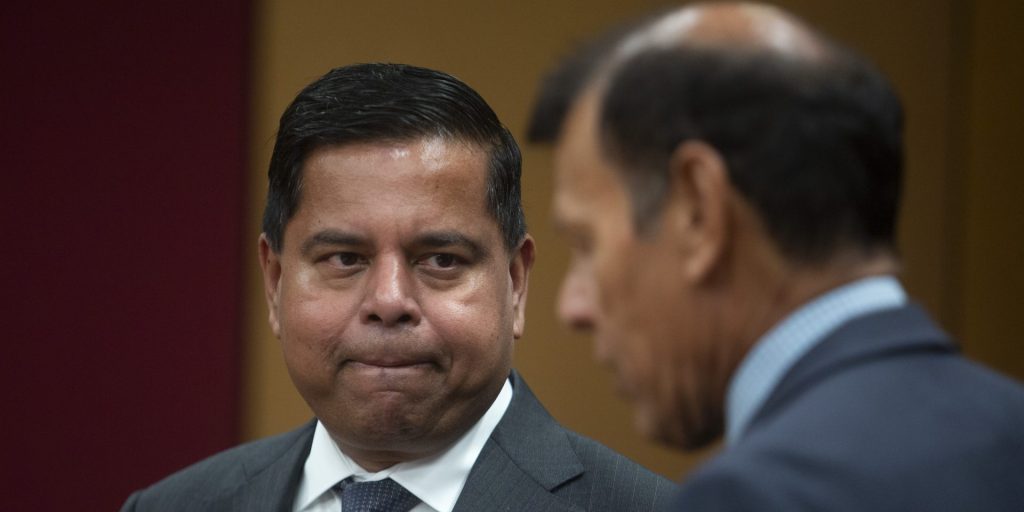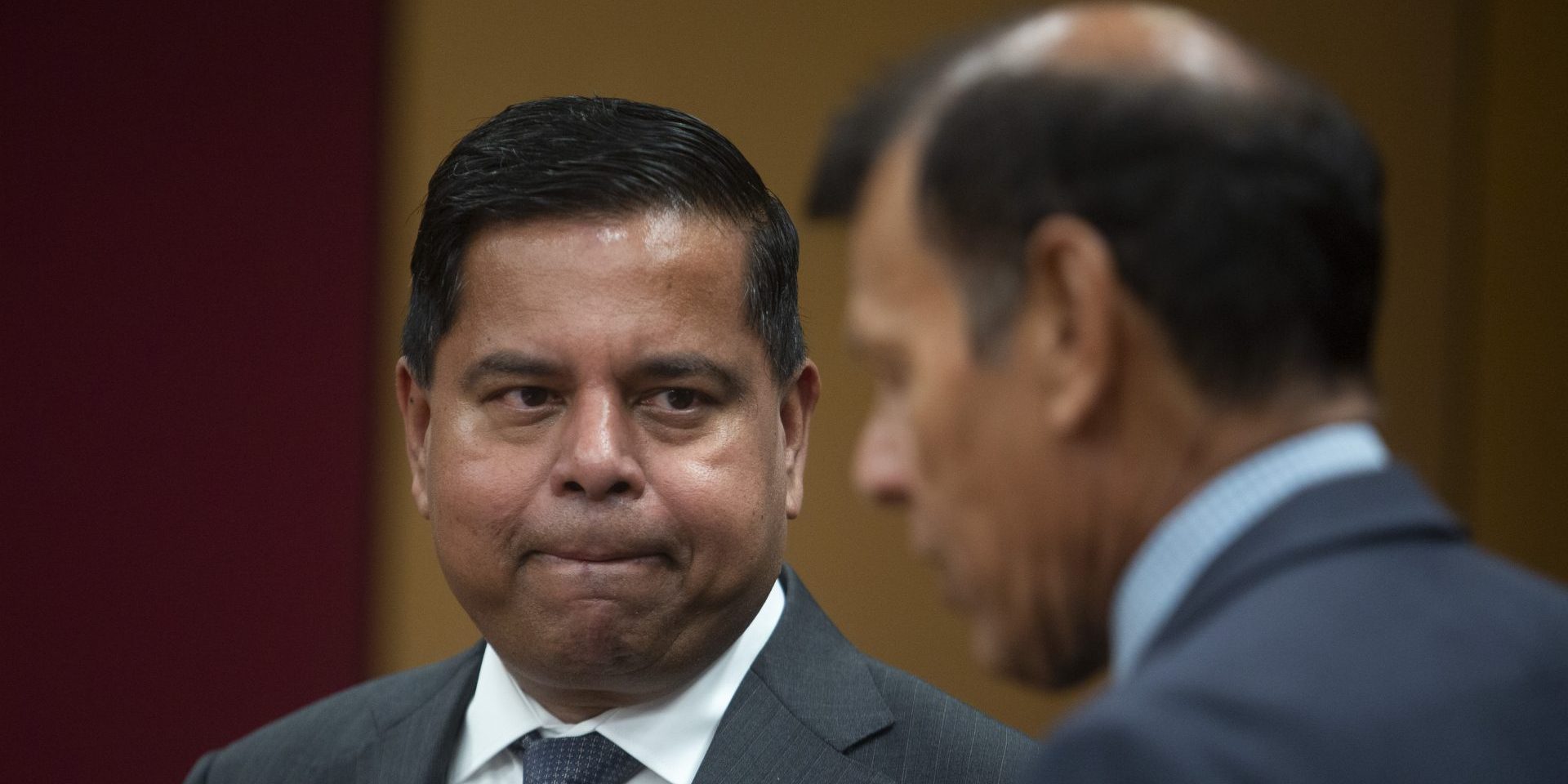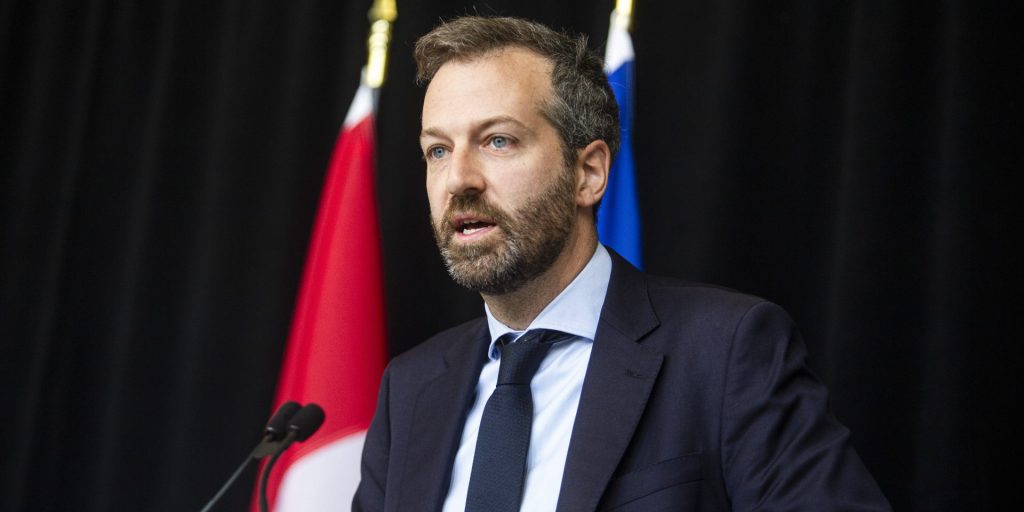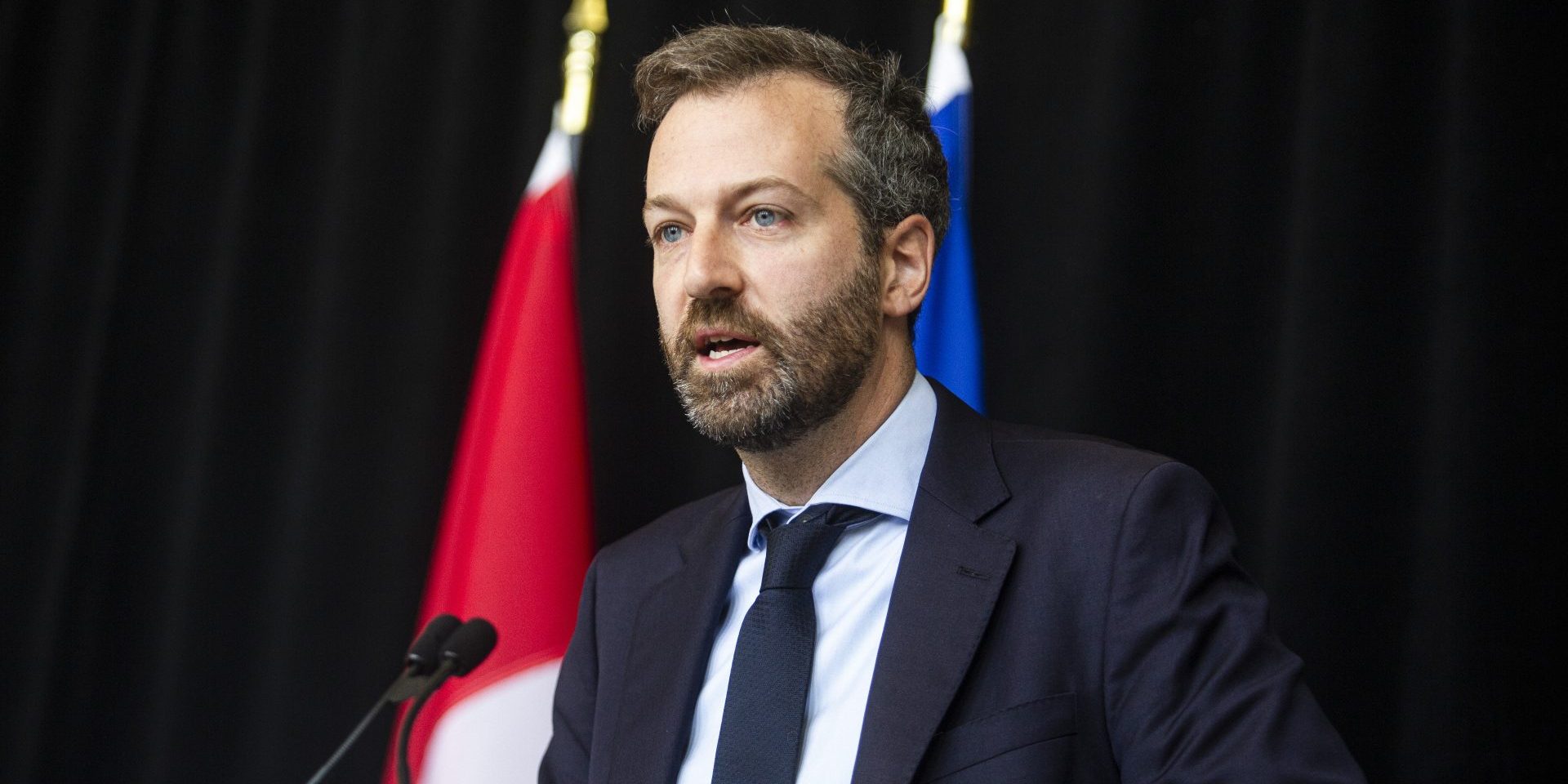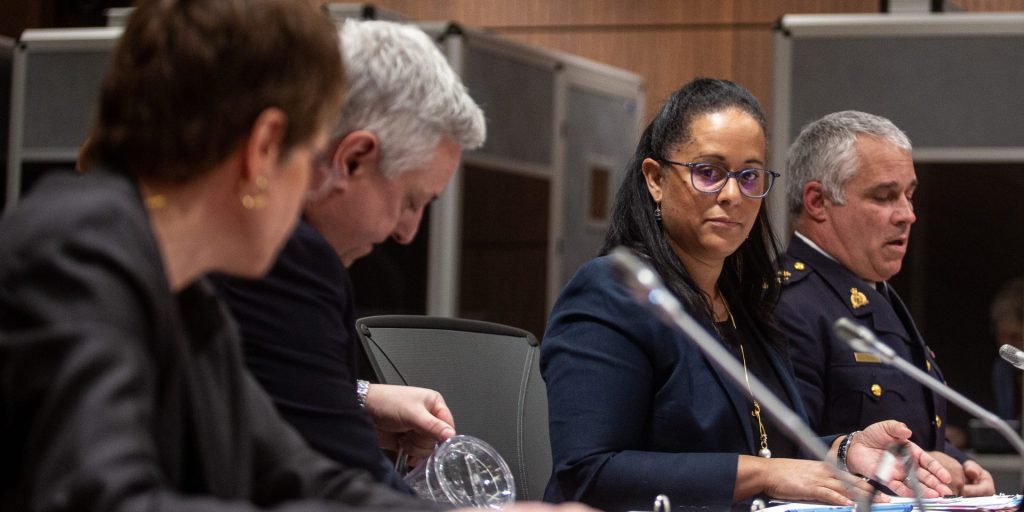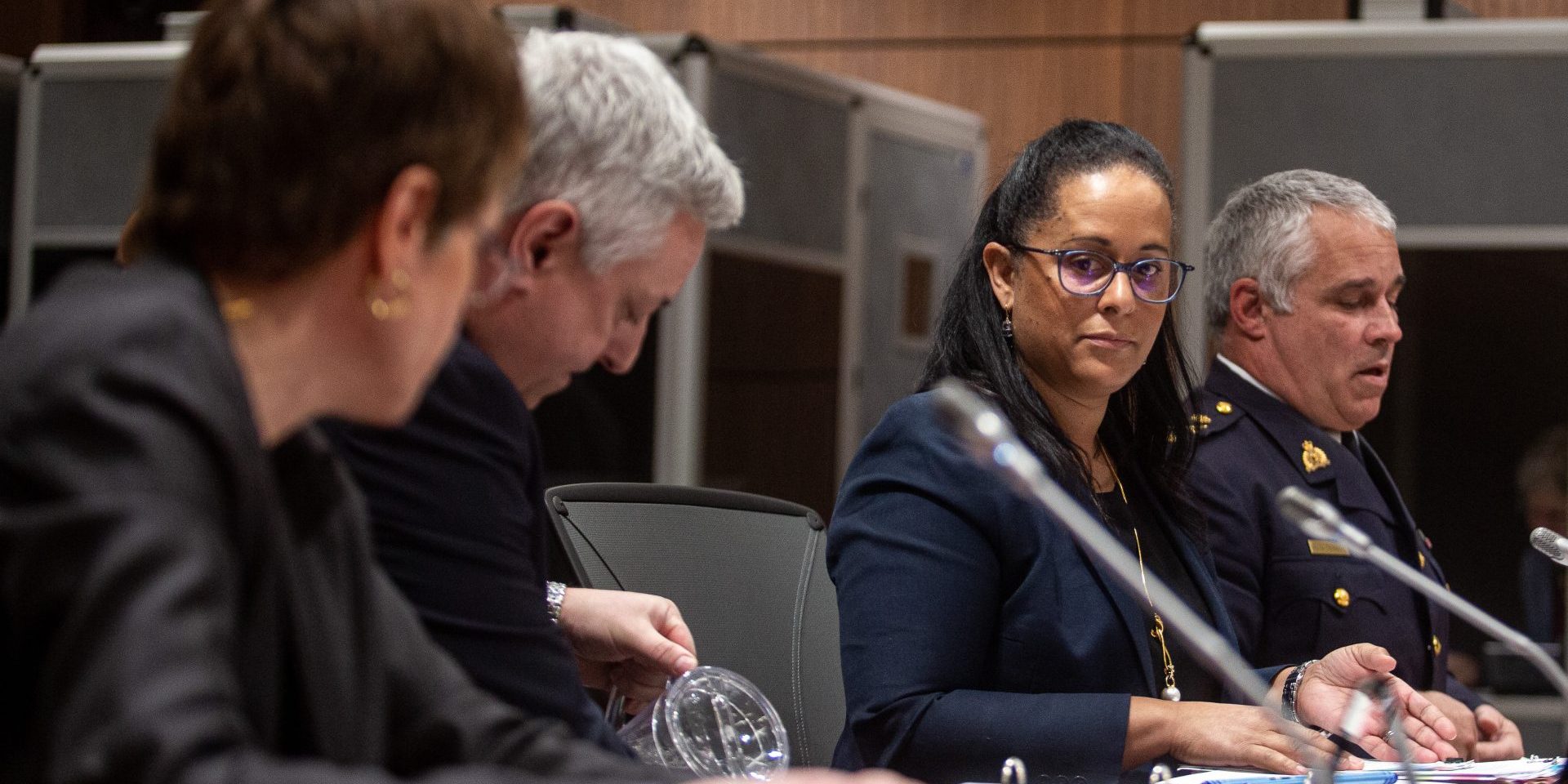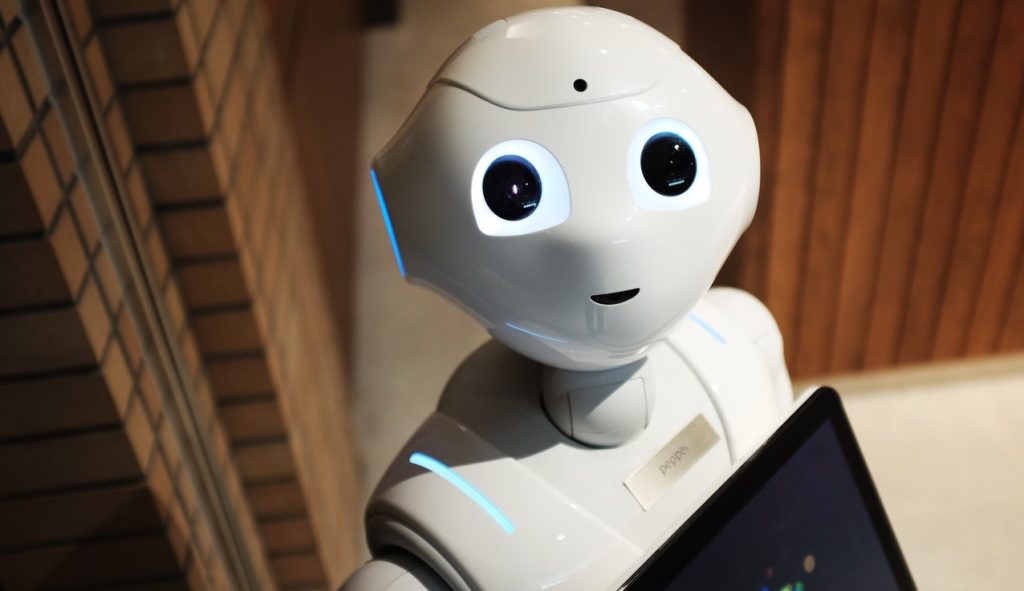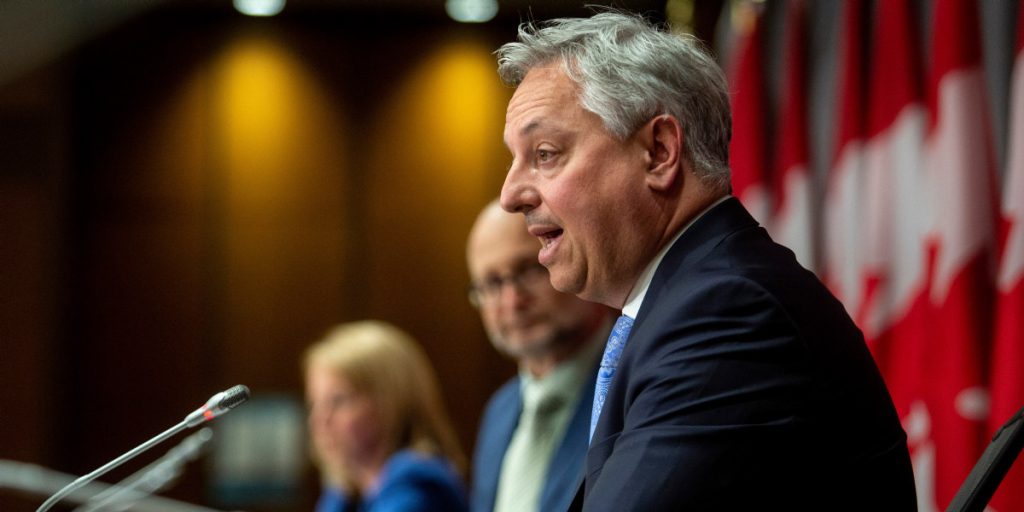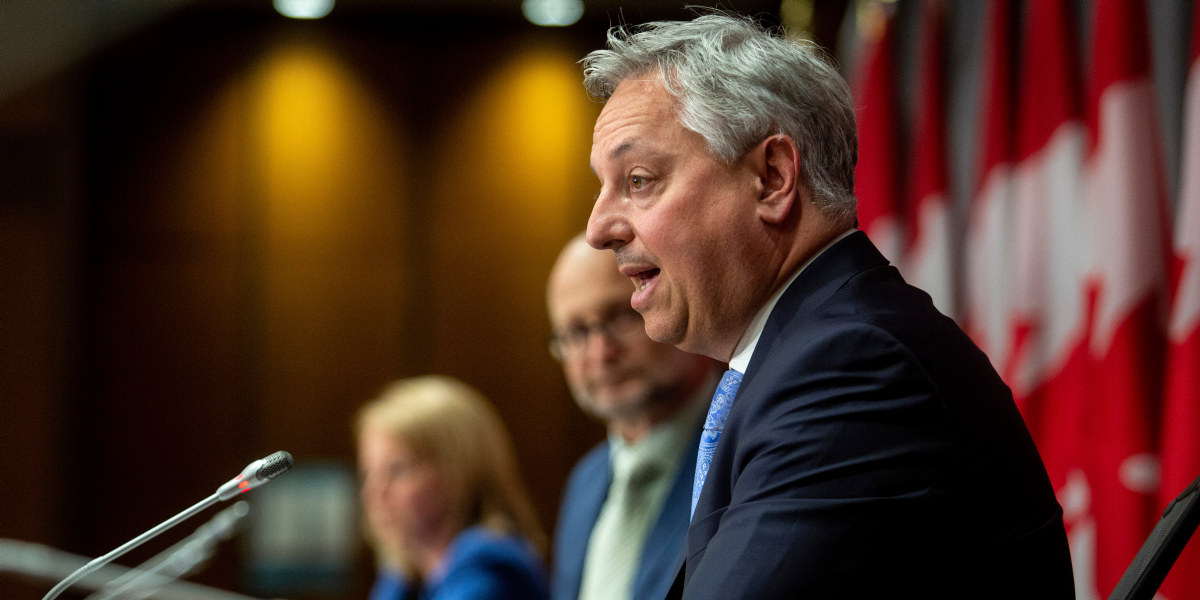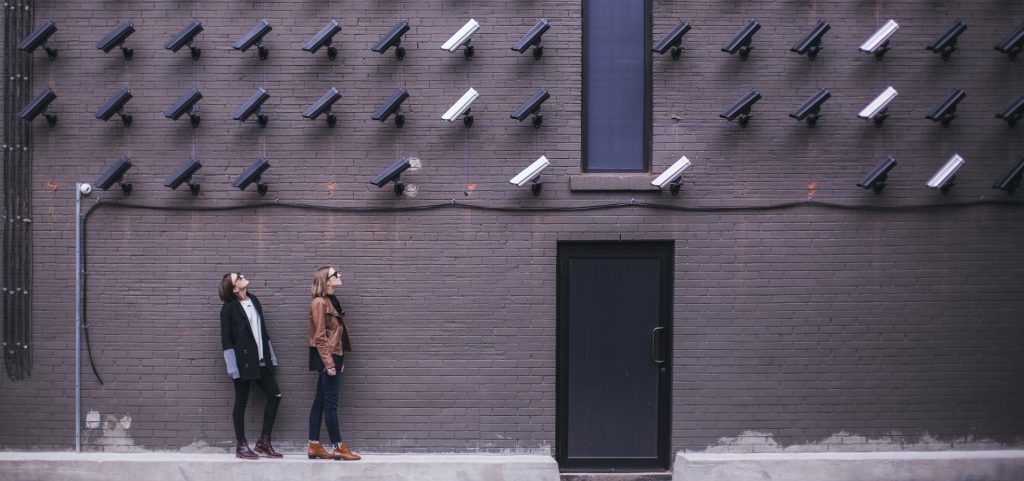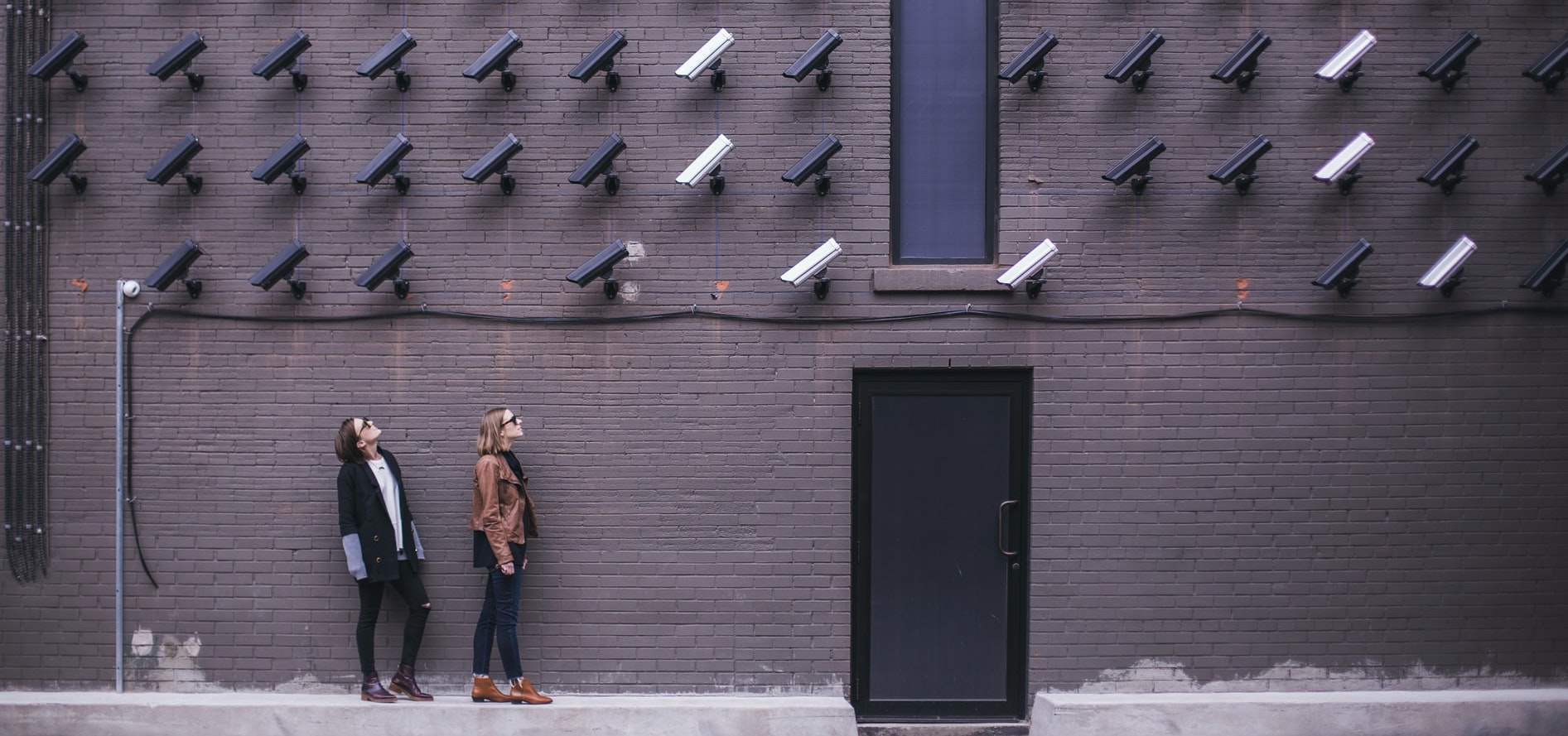Cybersecurity
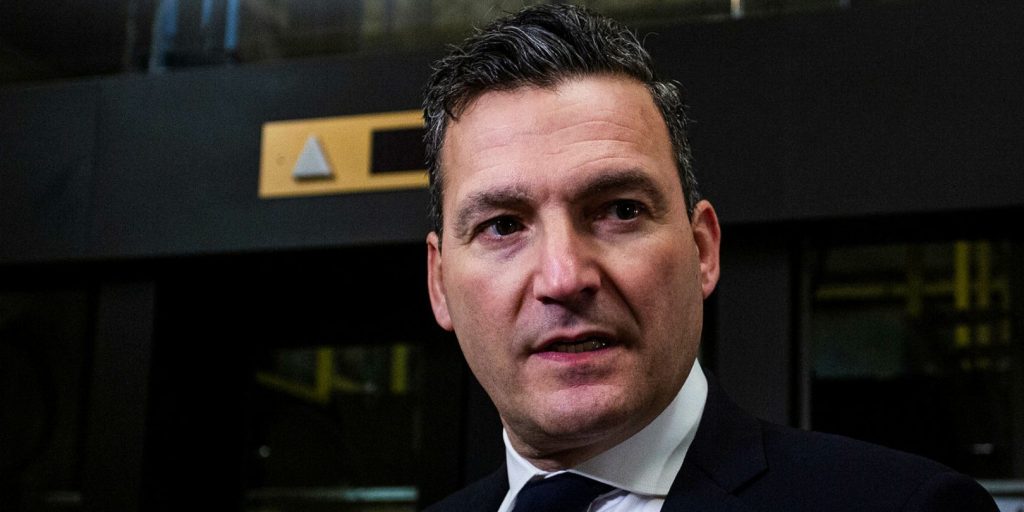
- Now, more than ever, governments in Canada must invest in democratic innovations and demonstrate that democracy is about much more than marking a ballot every four years.
- Now, more than ever, governments in Canada must invest in democratic innovations and demonstrate that democracy is about much more than marking a ballot every four years.
Become a Political Insider
Sign up for Today's Headlines newsletter now
By entering your email address you consent to receive email from The Hill Times containing news, analysis, updates and offers. You may unsubscribe at any time. See our privacy policy
- In beefing up cybersecurity, Bill C-8 ‘does not authorize warrantless access to Canadians’ personal data,’ says Public Safety Minister Gary Anandasangaree.
- In beefing up cybersecurity, Bill C-8 ‘does not authorize warrantless access to Canadians’ personal data,’ says Public Safety Minister Gary Anandasangaree.
- In beefing up cybersecurity, Bill C-8 ‘does not authorize warrantless access to Canadians’ personal data,’ says Public Safety Minister Gary Anandasangaree.
- While solid cyber security systems were developed to protect government networks and systems, Auditor General Karen Hogan found not all departments, agencies, and Crown
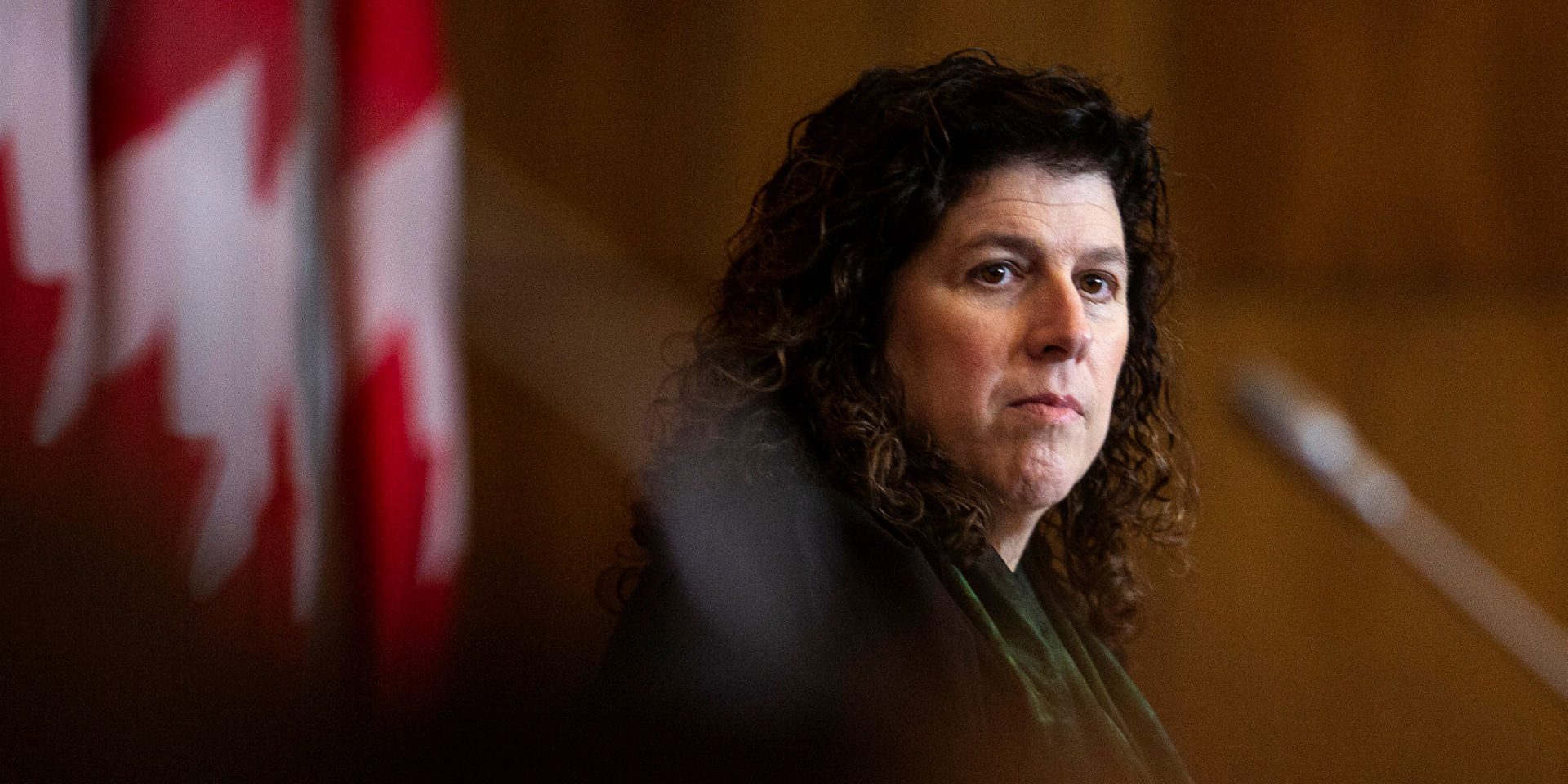
- While solid cyber security systems were developed to protect government networks and systems, Auditor General Karen Hogan found not all departments, agencies, and Crown
- While solid cyber security systems were developed to protect government networks and systems, Auditor General Karen Hogan found not all departments, agencies, and Crown
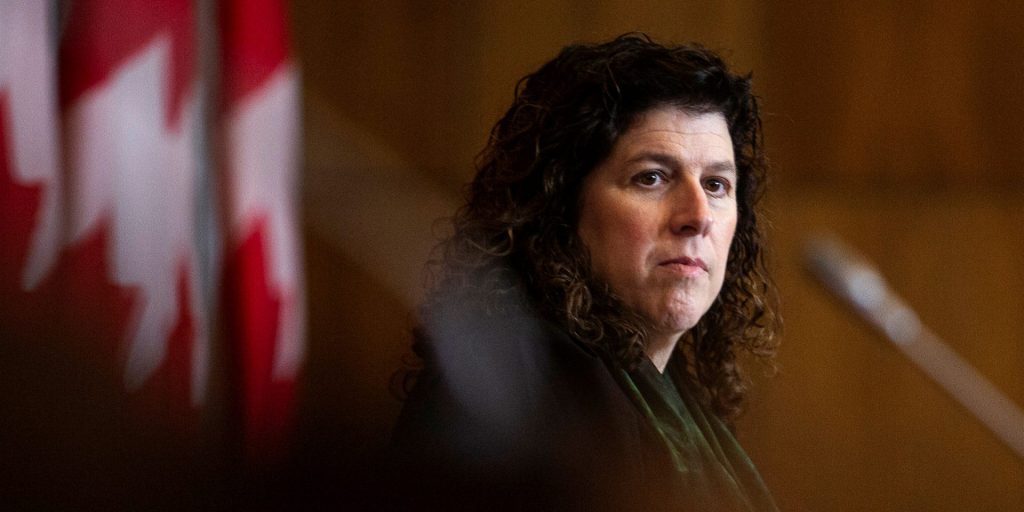
- Bill C-8 establishes a protection regime for federally regulated sectors, and should be treated as a generational opportunity to replace chalk lines with mathematics.
- Bill C-8 establishes a protection regime for federally regulated sectors, and should be treated as a generational opportunity to replace chalk lines with mathematics.
- Bill C-8 establishes a protection regime for federally regulated sectors, and should be treated as a generational opportunity to replace chalk lines with mathematics.
- 'The point is, you have got to know who's doing the work, and you got to know who you're paying. It's not splitting an
- 'The point is, you have got to know who's doing the work, and you got to know who you're paying. It's not splitting an
- 'The point is, you have got to know who's doing the work, and you got to know who you're paying. It's not splitting an
- CSE says China targets Canadian law-makers, media, pro-democracy activists, and diaspora communities—and reported that Canadian members on the Inter-Parliamentary Alliance on China were subjected
- CSE says China targets Canadian law-makers, media, pro-democracy activists, and diaspora communities—and reported that Canadian members on the Inter-Parliamentary Alliance on China were subjected
- CSE says China targets Canadian law-makers, media, pro-democracy activists, and diaspora communities—and reported that Canadian members on the Inter-Parliamentary Alliance on China were subjected
- Artificial intelligence (AI) is increasingly seen as one of the most transformative technologies of our era. However, little is known about how widely it
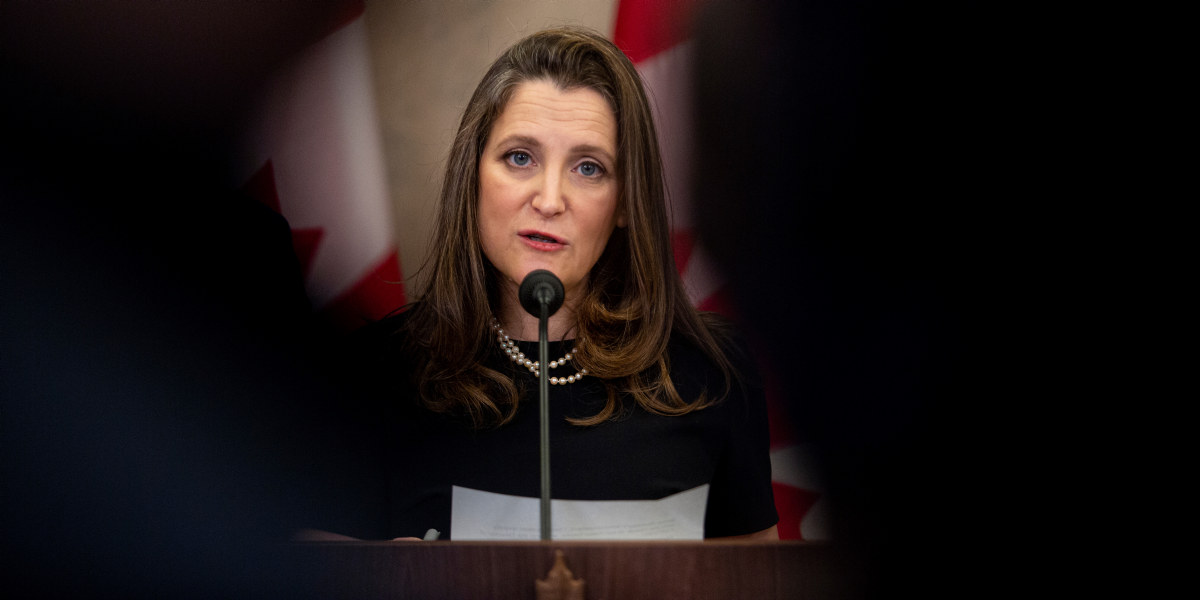
- Artificial intelligence (AI) is increasingly seen as one of the most transformative technologies of our era. However, little is known about how widely it
- Artificial intelligence (AI) is increasingly seen as one of the most transformative technologies of our era. However, little is known about how widely it

- Canada is a global leader in artificial intelligence because of decades of work by world-class luminaries at universities and government labs. Small- and medium-sized
- Canada is a global leader in artificial intelligence because of decades of work by world-class luminaries at universities and government labs. Small- and medium-sized
- Canada is a global leader in artificial intelligence because of decades of work by world-class luminaries at universities and government labs. Small- and medium-sized
- There is no doubt that Canada is a global leader in artificial intelligence. Thanks to the foresight of the 2017 Pan-Canadian AI Strategy, the
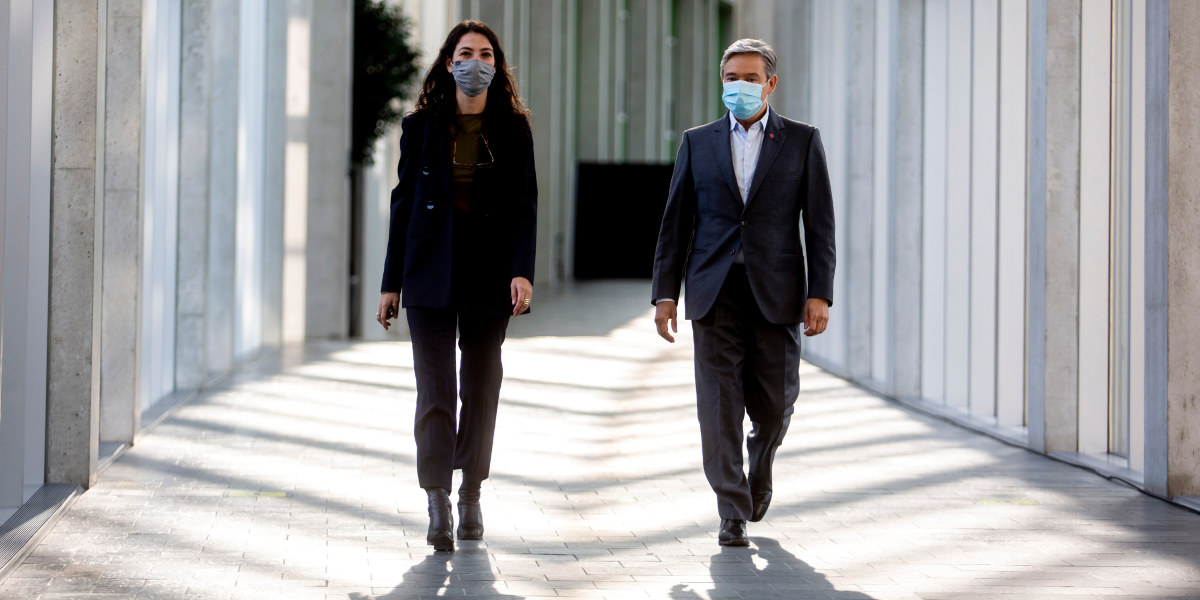
- There is no doubt that Canada is a global leader in artificial intelligence. Thanks to the foresight of the 2017 Pan-Canadian AI Strategy, the
- There is no doubt that Canada is a global leader in artificial intelligence. Thanks to the foresight of the 2017 Pan-Canadian AI Strategy, the
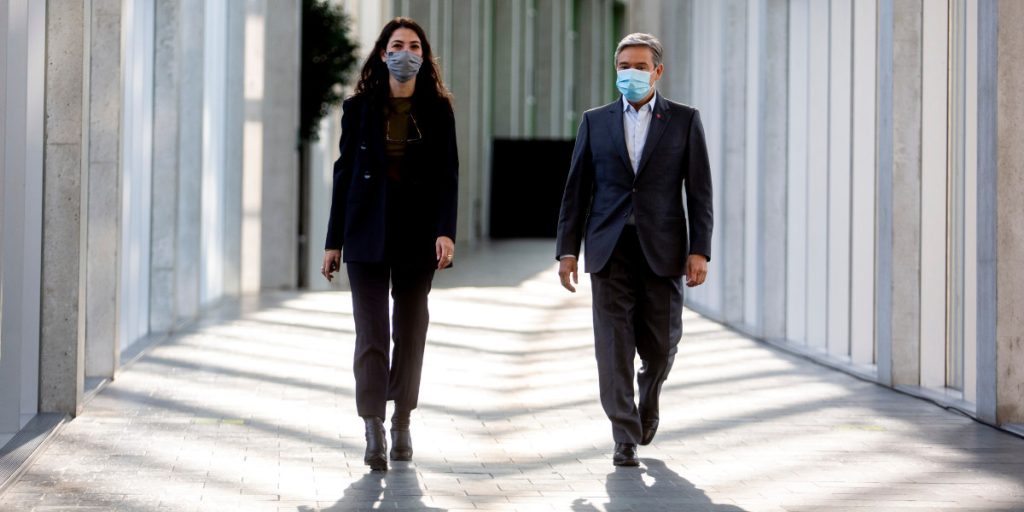
- Consistent and significant investments in AI research in Canada have resulted in globally recognized centres of academic excellence across the country. The often-repeated challenge
- Consistent and significant investments in AI research in Canada have resulted in globally recognized centres of academic excellence across the country. The often-repeated challenge
- Consistent and significant investments in AI research in Canada have resulted in globally recognized centres of academic excellence across the country. The often-repeated challenge
- “This has been a land, sea, air, cyber, space, and information operation,” an official with the Canadian Joint Operations Command summed up last week

- “This has been a land, sea, air, cyber, space, and information operation,” an official with the Canadian Joint Operations Command summed up last week
- “This has been a land, sea, air, cyber, space, and information operation,” an official with the Canadian Joint Operations Command summed up last week

- In the public eye, Canada’s intelligence agencies still possess an invisibility cloak. The strange truth is that the spies would like to discard it
- In the public eye, Canada’s intelligence agencies still possess an invisibility cloak. The strange truth is that the spies would like to discard it
- In the public eye, Canada’s intelligence agencies still possess an invisibility cloak. The strange truth is that the spies would like to discard it
- Katie Jones was a pretty, successful young woman that worked for a prestigious American think tank and was connected to many influential security professionals
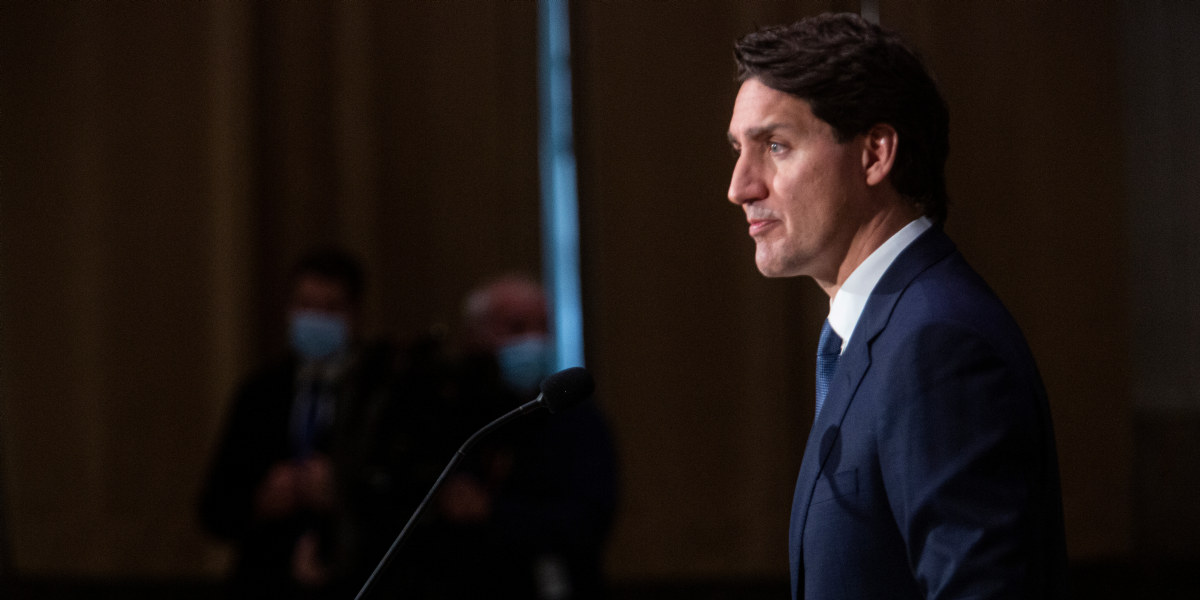
- Katie Jones was a pretty, successful young woman that worked for a prestigious American think tank and was connected to many influential security professionals
- Katie Jones was a pretty, successful young woman that worked for a prestigious American think tank and was connected to many influential security professionals
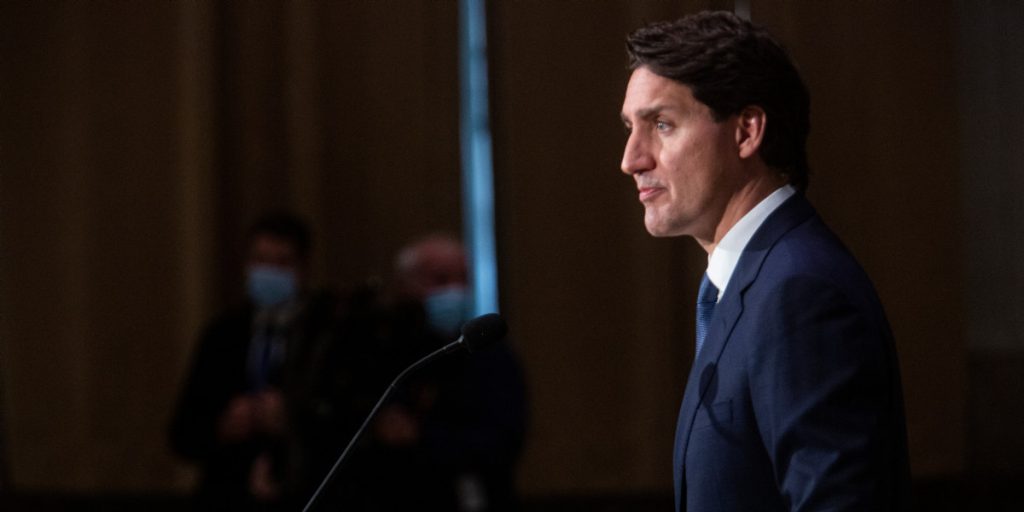
- Most people are unaware of the personal security risks confronting them when they make use of 21st century technology. Threats are embedded in the
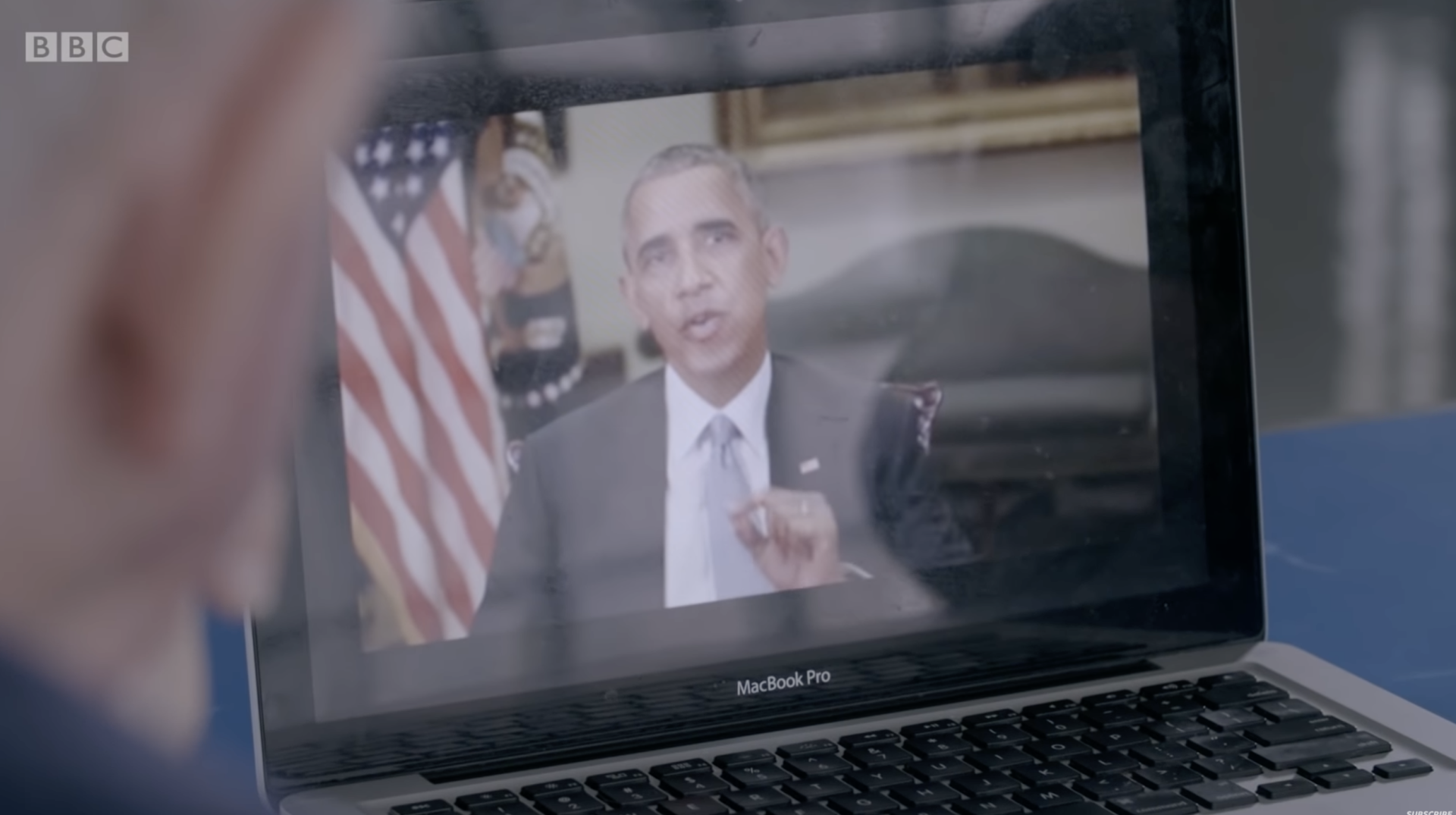
- Most people are unaware of the personal security risks confronting them when they make use of 21st century technology. Threats are embedded in the
- Most people are unaware of the personal security risks confronting them when they make use of 21st century technology. Threats are embedded in the
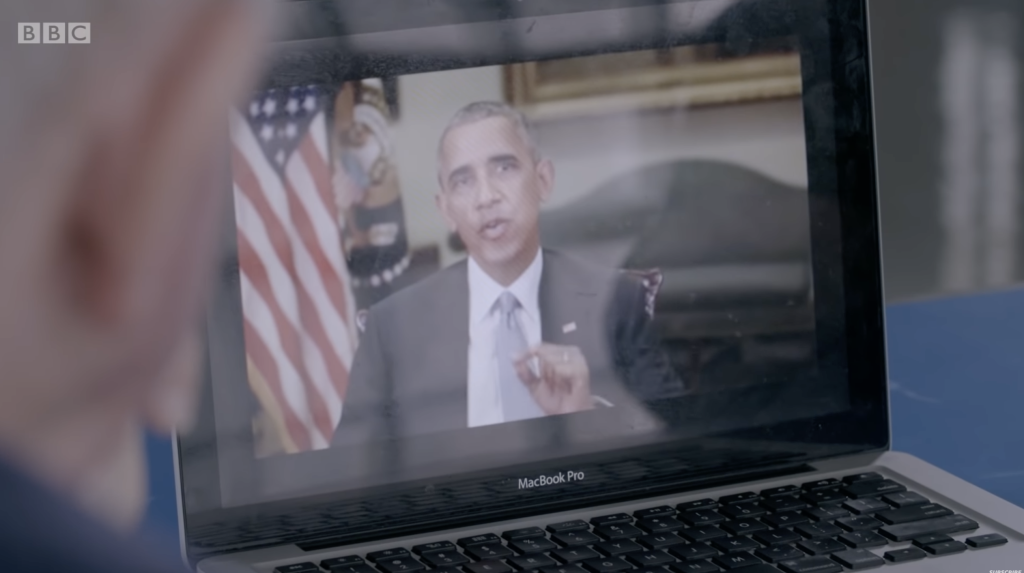
- Cybersecurity has never been more vital to a nation’s security—its people, government, educational institutions, and businesses of all sizes. It is one of the

- Cybersecurity has never been more vital to a nation’s security—its people, government, educational institutions, and businesses of all sizes. It is one of the
- Cybersecurity has never been more vital to a nation’s security—its people, government, educational institutions, and businesses of all sizes. It is one of the

- Sometimes a long-awaited gift that arrives wrapped in sparkly paper disappoints when it is opened. That is the case with Bill C-11, introduced in
- Sometimes a long-awaited gift that arrives wrapped in sparkly paper disappoints when it is opened. That is the case with Bill C-11, introduced in
- Sometimes a long-awaited gift that arrives wrapped in sparkly paper disappoints when it is opened. That is the case with Bill C-11, introduced in
- The federal government must introduce a mix of legislation and policies to better protect Canadians and their personal information. On the legislative front, this
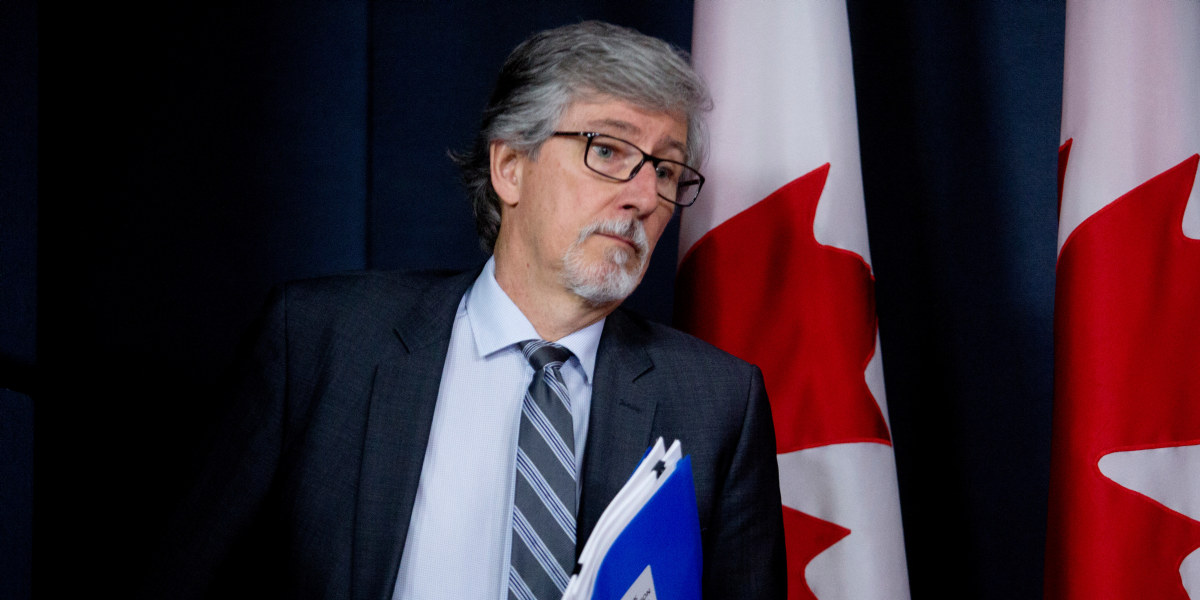
- The federal government must introduce a mix of legislation and policies to better protect Canadians and their personal information. On the legislative front, this
- The federal government must introduce a mix of legislation and policies to better protect Canadians and their personal information. On the legislative front, this
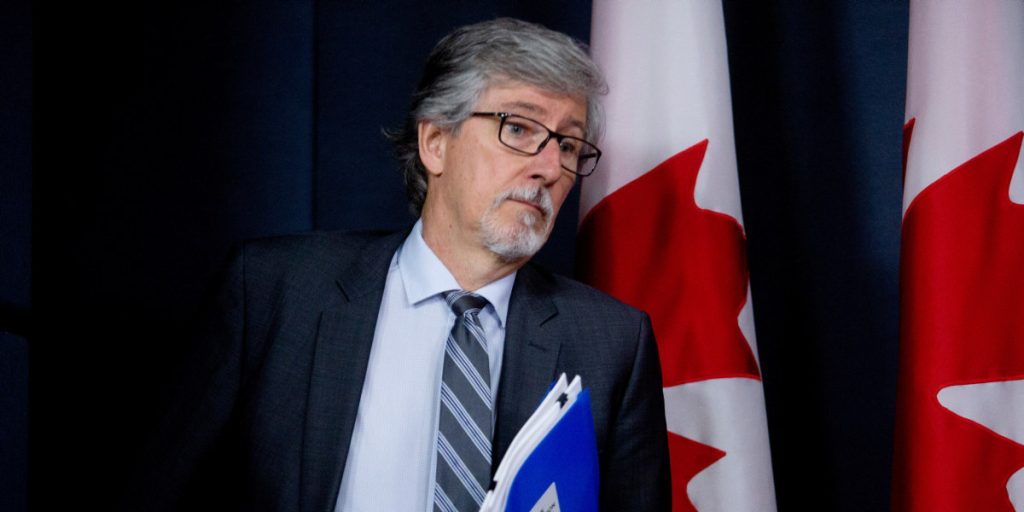
- With skyrocketing reports of phone scams, phishing attacks, and identity fraud, it’s clear: the personal data of Canadians is increasingly coveted by scammers and
- With skyrocketing reports of phone scams, phishing attacks, and identity fraud, it’s clear: the personal data of Canadians is increasingly coveted by scammers and
- With skyrocketing reports of phone scams, phishing attacks, and identity fraud, it’s clear: the personal data of Canadians is increasingly coveted by scammers and
